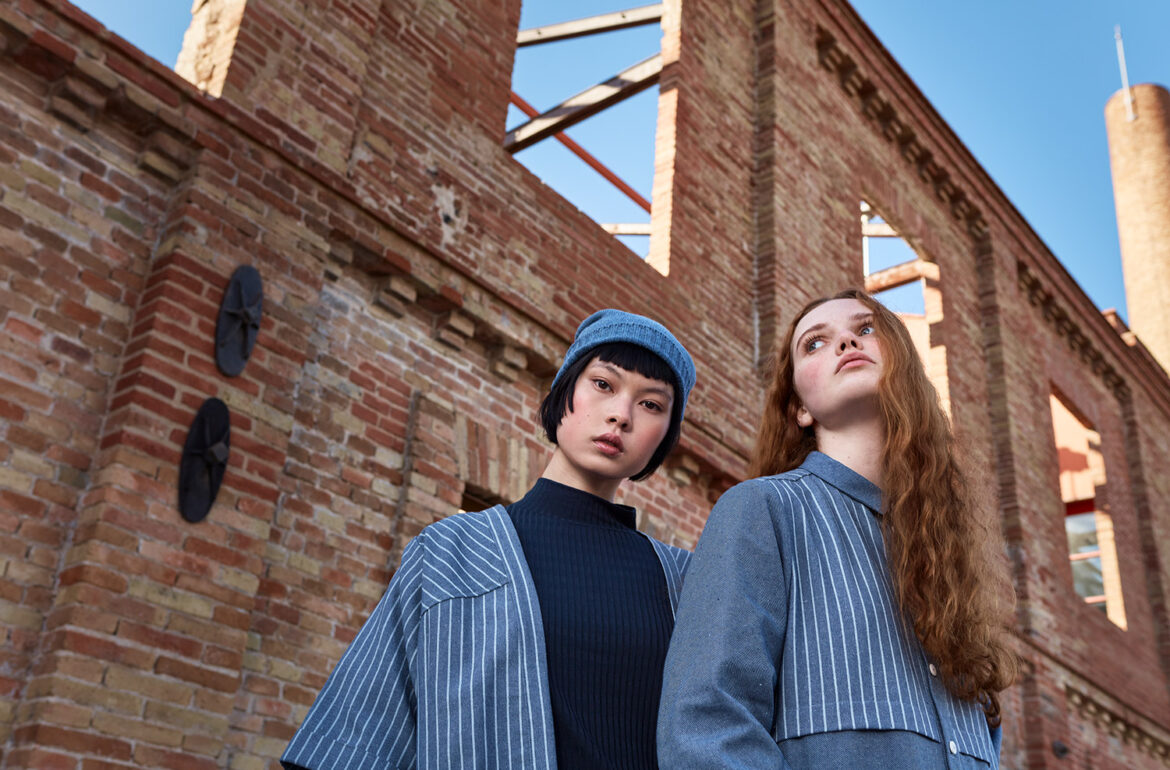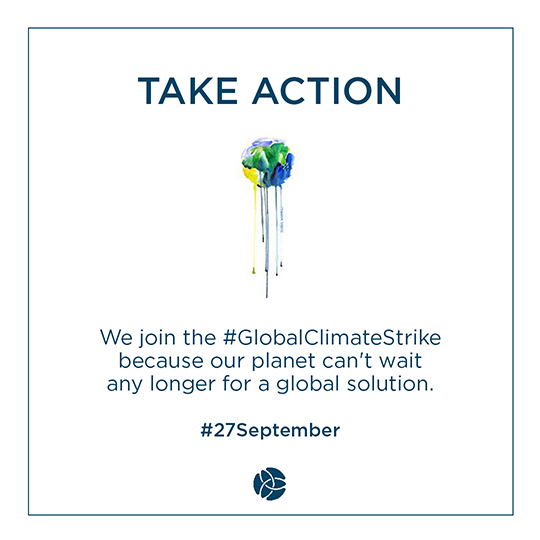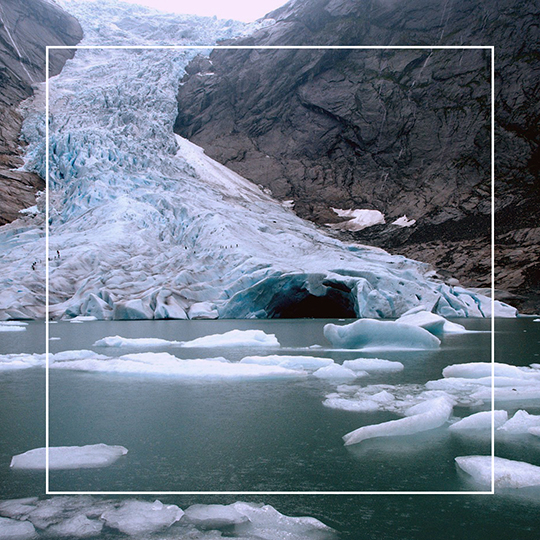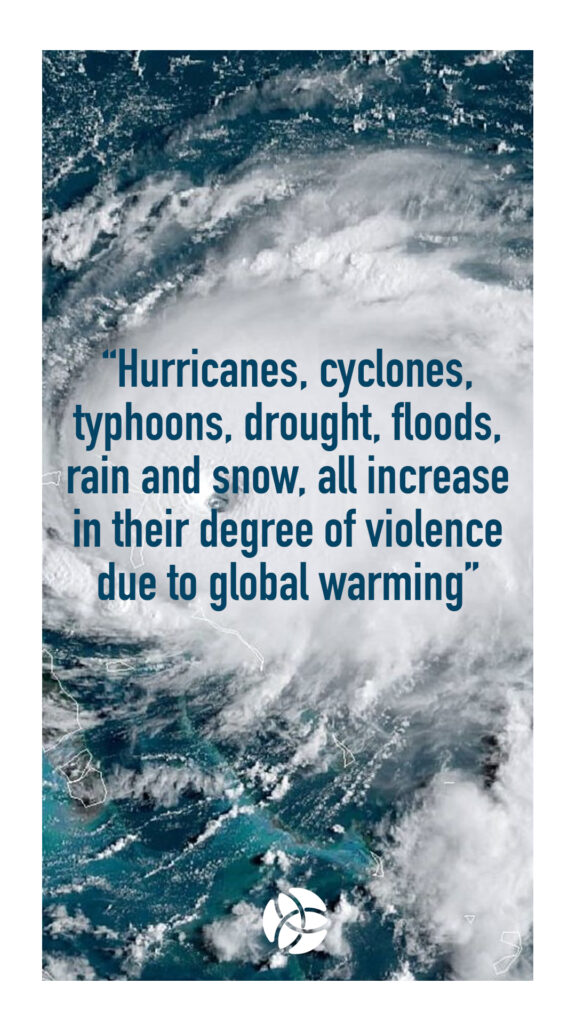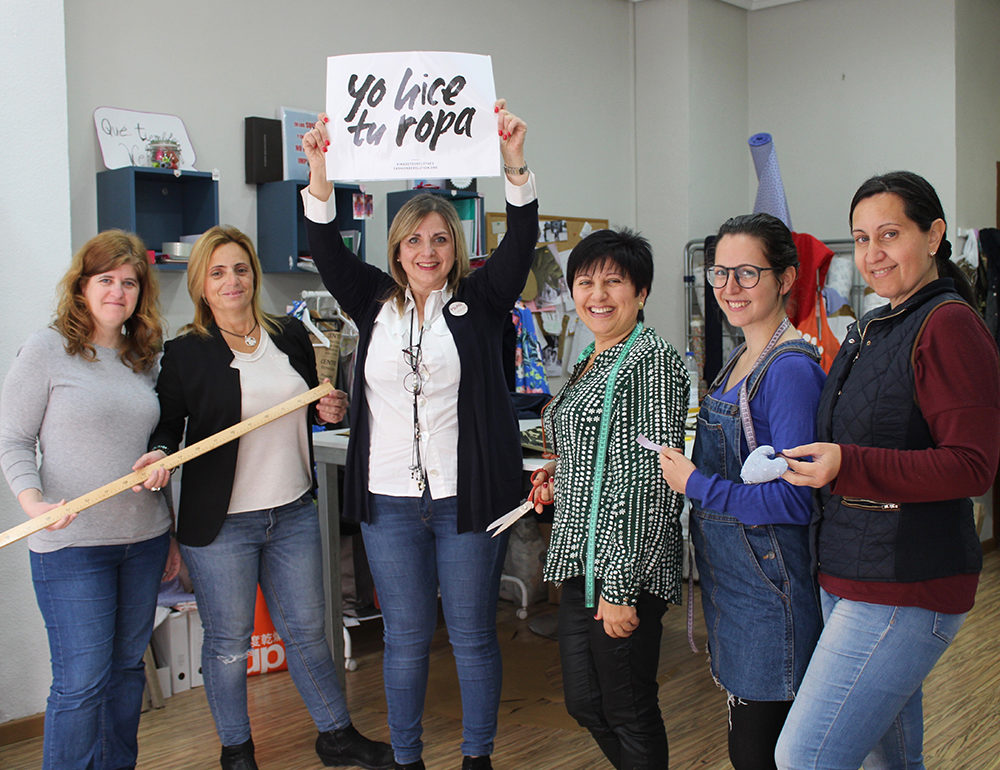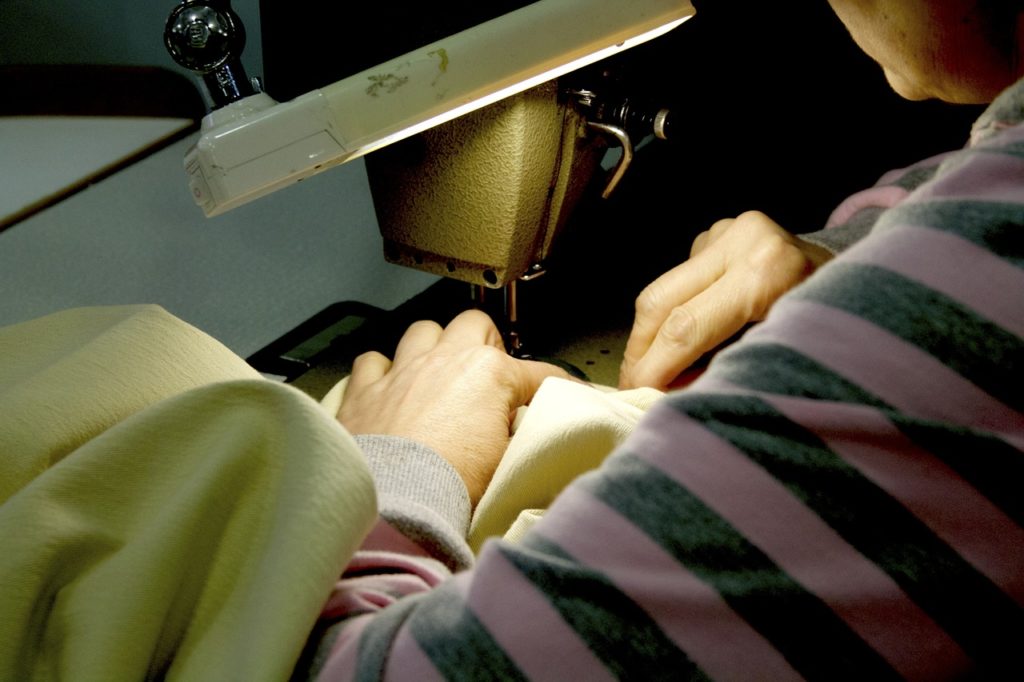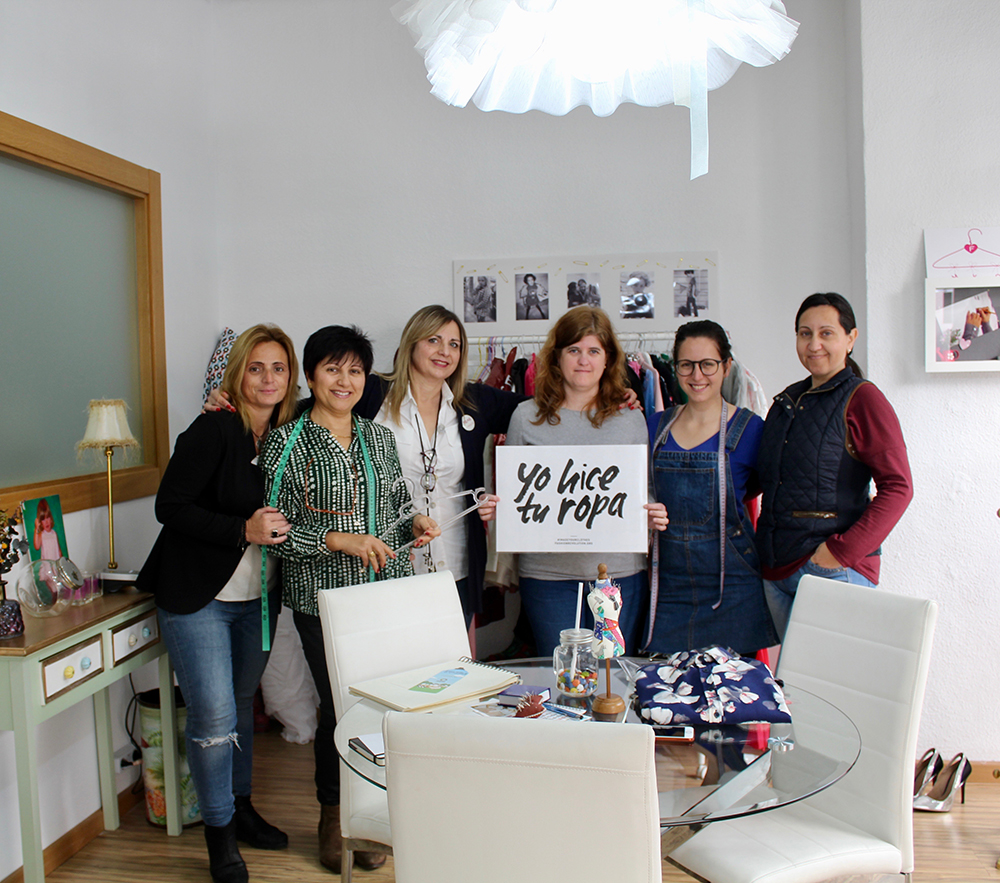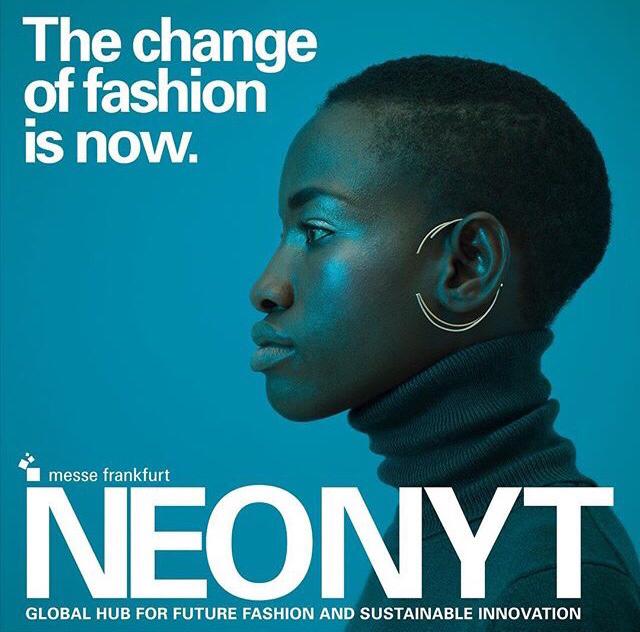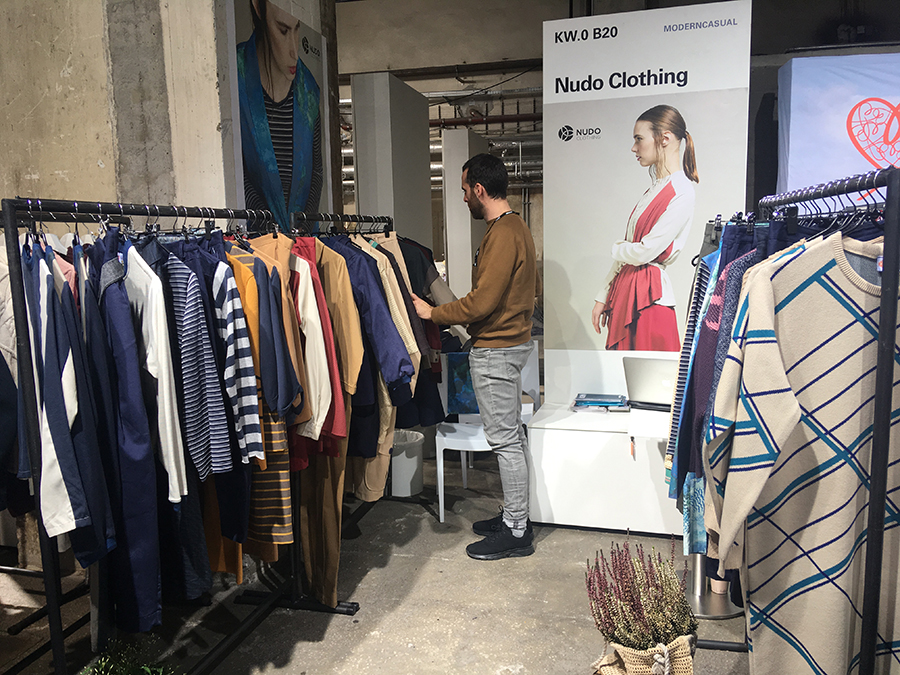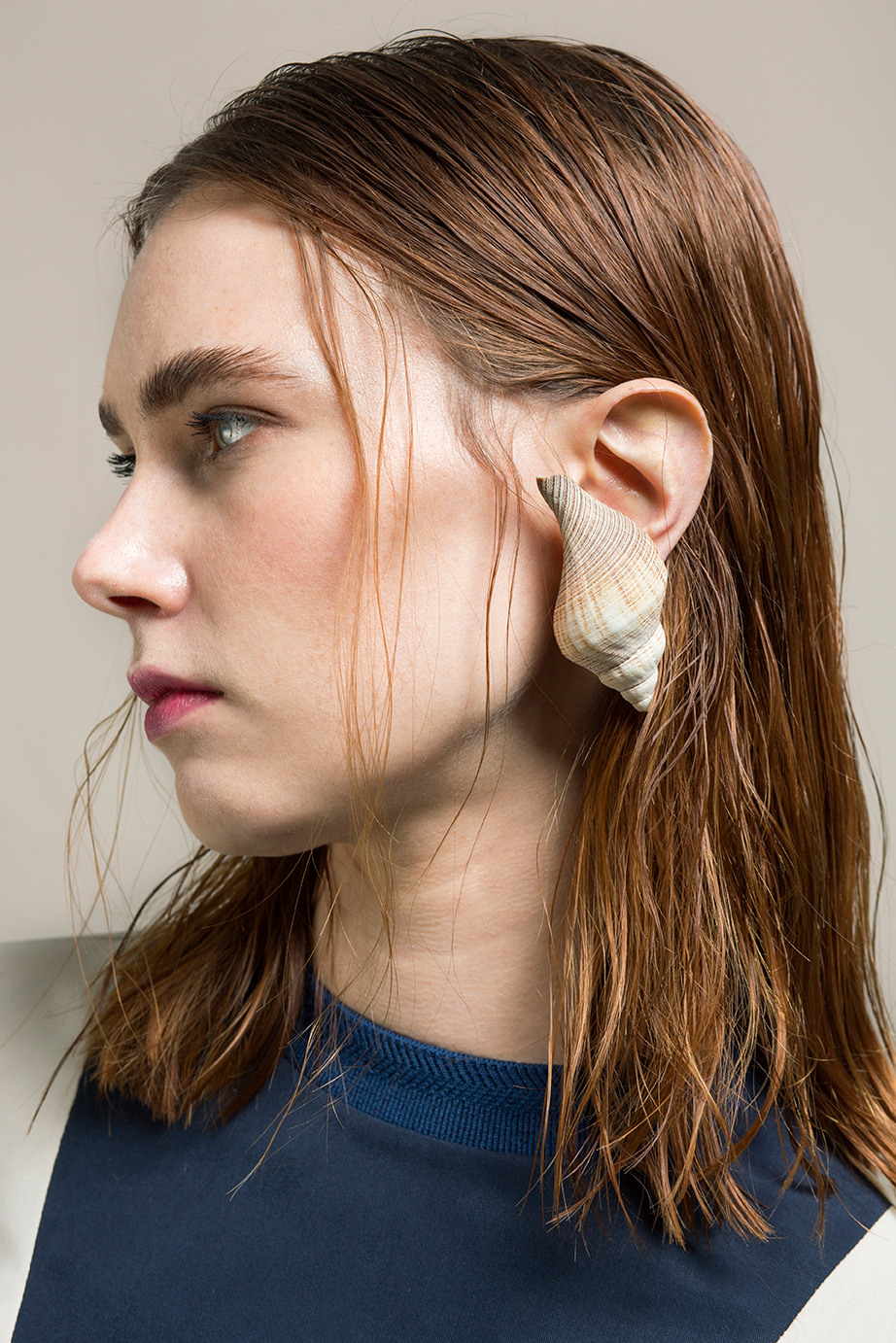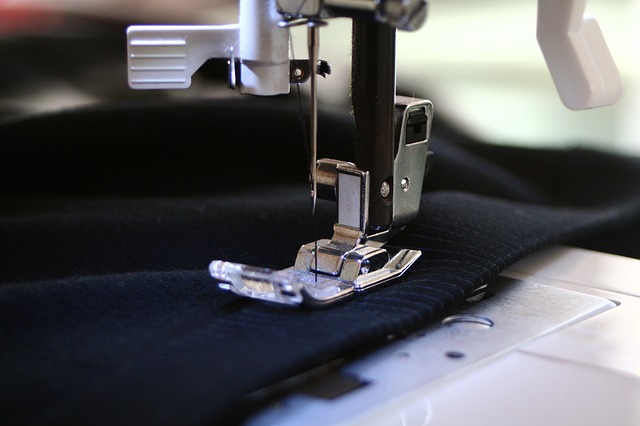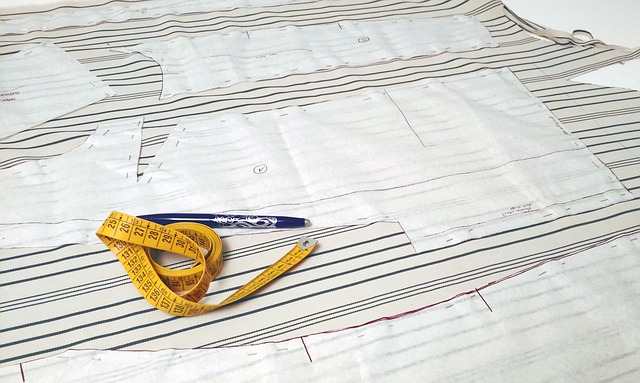On January 14, open the doos Neonyt Berlin, the most important sustainable fashion fair in Europe, where consolidated brands come together with emerging proposals. We will be presenting our new Fall-Winter 20-21 collection.
The collection, which we have named Working Class, is an ode to feminism, addressing the role of women’s work in industrial and rural settings over the past centuries.
Determined, strong and powerful women who played a fundamental role in the development of industrial societies in periods of war. A role that history and the media, together with the effect of advertising have been degrading, to the point of reducing the image of women to a symbol of fragility and sexuality, very far from reality.
In this collection we use determined and powerful silhouettes, in designs that empower women and with the subtlety that soft and fluid fabrics provide us. Organic cotton, tencel and cupro, are some of the fabrics that we have used to give life to this special Working Class.
If you plan to visit Berlin Fashion Week and especially the NEONYT fair, we are waiting for you at our stand to share this collection with you.

